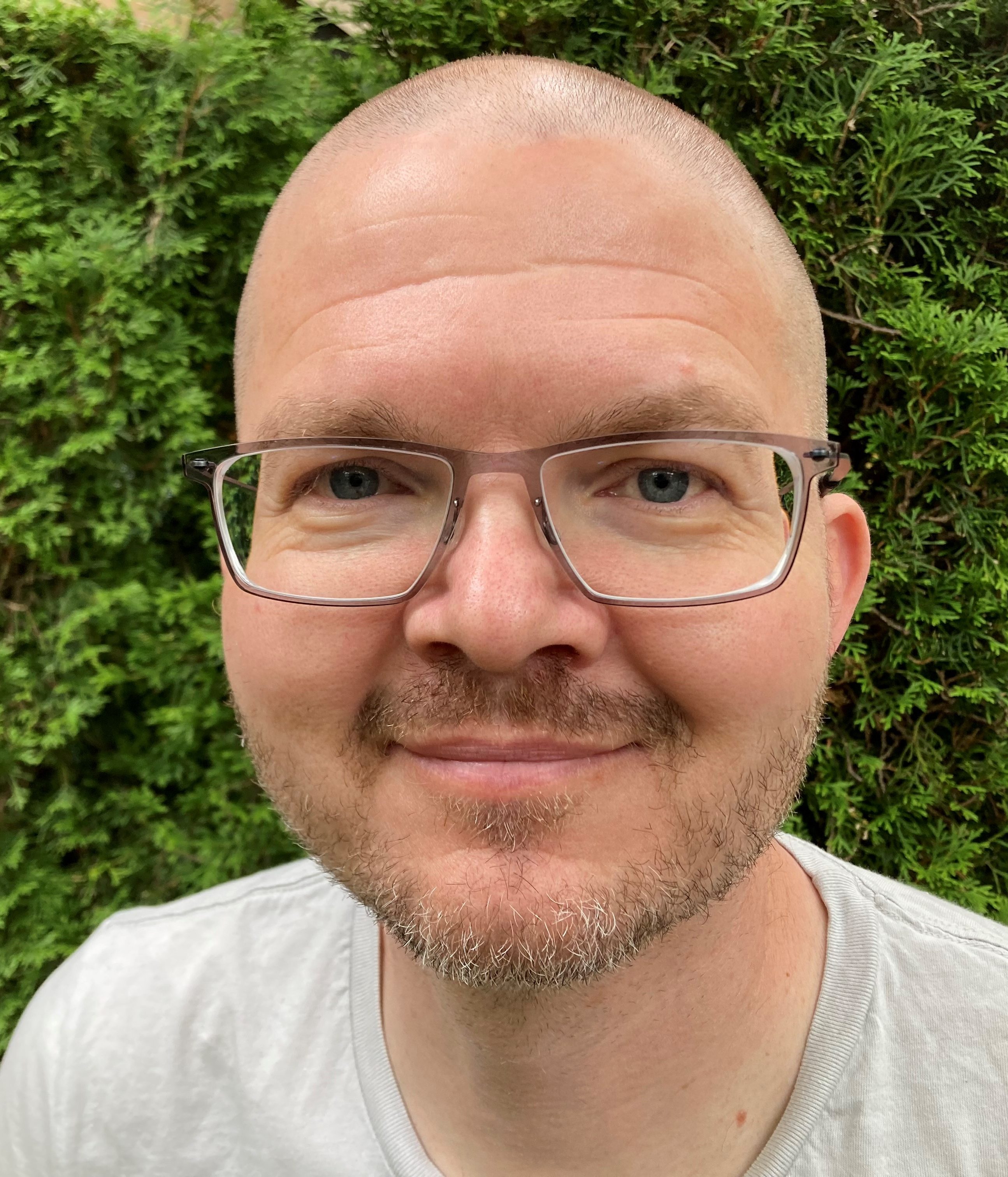

Professor Andrew Jorgenson
The Department of Sociology welcomes Dr. Andrew Jorgenson to UBC as a Professor of Sociology and Founding Director of the UBC Climate & Society Lab. Professor Jorgenson joins us from Boston College, where he was professor and chair of the sociology department and a professor of environmental studies.
He conducts research on the human dimensions of global and regional environmental change, with a primary focus on the societal causes and consequences of the climate crisis.
We spoke to Professor Jorgenson about his research and why he joined UBC Sociology.
Can you tell us about your journey to UBC? What excites you about working here?
I joined UBC this past summer. Prior to that, I was professor and chair of the sociology department at Boston College, and also professor of environmental studies. I have been familiar with the sociology department here at UBC for a long time, given its global prominence and especially its critical mass of faculty with expertise in environmental sociology. I was recruited via a senior faculty search for someone working on the sociology of climate change. I’m thrilled to be part of a vibrant department full of world-class scholars that work on many important topics. Equally so, I am thrilled to be at a large public university that is investing a great deal in faculty and research across campus on the climate crisis.
Can you tell us a bit about your research? What are you currently working on?
I am a macrosociologist working at the intersections of environmental sociology and global political economy. I have spent over twenty years conducting research on the human dimensions of global environmental change, with a focus on climate change.
Here at UBC I’ve just launched the Climate & Society Lab, where I am currently funding five Sociology graduate research assistants. The lab will be an incubator for research on the societal causes, consequences, and solutions to the climate crisis. Lab members, with collaborators at UBC and at other institutions around the world, will study the anthropogenic drivers of carbon emissions and other greenhouse gases, and the population health impacts of emissions and ground-level air pollution resulting from the burning of fossil fuels.
“Anthropogenic” drivers refer to the human actions that cause climate change and the societal factors that shape and condition those actions. We will conduct research at multiple scales, including cross-nationally for the majority of the world’s nations, at the province level in Canada, and at facility levels, such as power plants.
Where do you hope your research will go while at UBC?
I am eager to help advance the sociology of climate change in Canada and to integrate more sociological approaches in interdisciplinary research across campus on climate and related topics. I am also eager to get involved in climate assessments for the provincial government of BC and Canada as a whole, analogous to my prior efforts in the US with the USGCRP’s National Climate Assessment.
Tell us about the courses you are teaching this year. What makes them new or exciting for students?
While my appointment at UBC is heavily research focused, I am excited to be teaching an upper-level course on environmental sociology this term and Introduction to Sociology next term. My approach to teaching environmental sociology is relatively new here, since my approach differs from that of other UBC faculty that also teach the course, with a much more global and structural approach. I am very excited to teach Introduction to Sociology at UBC. Before I was department chair at Boston College, I taught the course often. As an undergrad, a long time ago, taking that course changed my life. I am also very eager to teach graduate-level courses when I have a chance.
How would you describe your teaching style? What should students expect from you as a teacher?
I would describe my teaching style as engaging, flexible, and enthusiastic. I really enjoy exposing students in the classroom to social science research and how we do it. I also tend to keep the classroom quite informal.
What are some of your favorite things to do in your spare time?
Spending time with my partner, our two teenagers, and our dogs. I also really enjoy listening to records, attending live music on occasion, and spending time outdoors.


